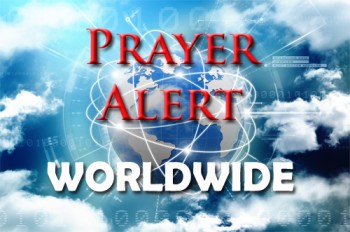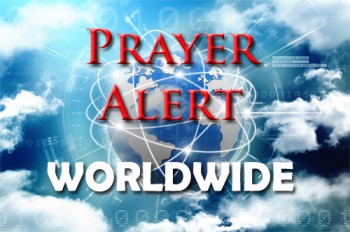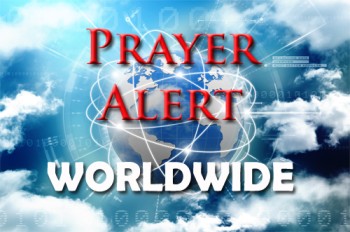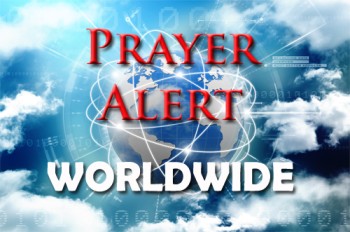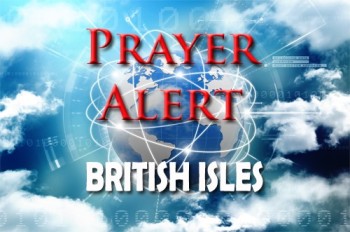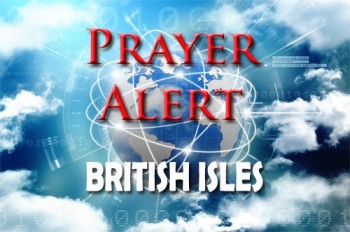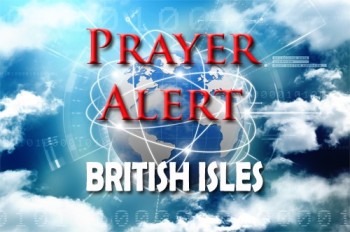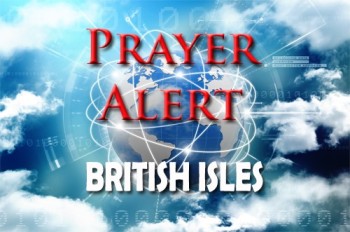China: huge military parade watched by Putin, Kim, and other leaders
Beijing has hosted a grand military parade marking eighty years since the end of WW2, with Xi Jinping standing alongside Vladimir Putin and Kim Jong Un in a rare joint appearance. Xi framed the event as a moment for nations to choose between ‘peace and war’, as China unveiled an extensive array of modern weaponry, including huge nuclear-capable underwater drones, and futuristic defence systems. With more than 50,000 chosen spectators present, the spectacle highlighted China’s military ambitions and global positioning. The gathering drew leaders from Iran, Pakistan, Vietnam, Zimbabwe, and others, though most Western leaders declined invitations. Xi emphasized unity and prosperity in his toast, urging nations to reject ‘the law of the jungle’. After the parade, at bilateral talks, Putin praised Pyongyang for contributing troops to fight in Ukraine; it is estimated that there are now 15,000 North Korean troops there.
USA: Trump says ‘we’re going in’, sends National Guard to Chicago
Donald Trump has announced plans to deploy National Guard troops to Chicago, describing the city as a ‘hellhole’ plagued by violent crime. He hinted Baltimore could be next, insisting his actions are not politically motivated despite targeting Democratic-led cities. Illinois governor JB Pritzker and Chicago’s mayor strongly opposed the move; Pritzker called it an ‘invasion’, stating that murders have fallen nearly 50 percent in four years. There have already been protests in Chicago expressing opposition, as residents fear further unrest. The announcement follows Trump’s controversial use of troops in Washington and Los Angeles, where a federal judge has recently ruled he overstepped legal boundaries. The judge said that Trump appears intent on ‘creating a national police force with the President as its chief’. He has barred National Guard troops or marines from performing police functions: however, this will come into effect only on 12 September, potentially leaving an opening for the conservative-dominated supreme court to rule on the case.
Pakistan: nearly half a million displaced by floods
Catastrophic flooding has displaced nearly half a million people in Pakistan’s Punjab province after days of torrential monsoon rain swelled three major rivers. More than 2,300 villages have been inundated, affecting over 1.5 million residents, including parts of Lahore. In what authorities describe as the largest rescue effort in Punjab’s history, 481,000 people and 405,000 livestock have been evacuated using more than 800 boats and 1,300 rescue personnel. Over five hundred relief camps have been established to provide shelter and care for displaced families. The floods have killed at least thirty people, adding to the hundreds of lives lost during this year’s unusually heavy monsoon season. But with the rains continuing, authorities have warned that the crisis is far from over.
Peru: Indonesian diplomat assassinated
Peru is reeling after the shocking assassination of Indonesian diplomat Zetro Leonardo Purba, who was fatally shot three times in Lima. The government expressed deep condolences and condemned the killing as a ‘heinous act’, pledging full cooperation with Indonesian authorities and enhanced protection for embassy staff. While the national police chief suggested the incident might have been a targeted attack by foreign assailants, Indonesian officials expressed doubt, noting Purba had not received prior threats. Some attributed the tragedy to rising violent crime in the capital, where homicides and extortion have surged under president Dina Boluarte. Purba, who had been serving in Lima for only five months, leaves behind a wife and children. His death comes just weeks after Peru and Indonesia marked fifty years of diplomatic relations with a free-trade agreement.

